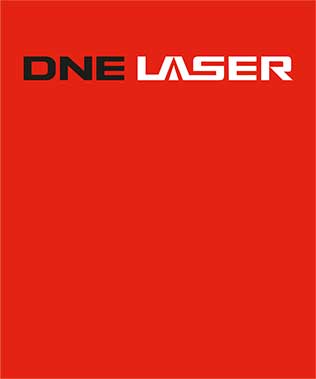Advantages and application fields of sheet metal
Published:2021-01-08 Browse:61Editor in charge:DNE LASER
Advantages of sheet metal
The sheet metal design options are very flexible. Customers can put forward requirements for certain functions, and sheet metal materials leave room for many different solutions.
Sheet metal can be all types of metals-mild steel, stainless steel, aluminum, brass, etc.
Sheet metal application
Sheet metal parts have many applications. Almost all household appliances and buildings contain sheet metal parts. Different sheet metal materials have certain specific uses.
Cold rolled steel is relatively cheap. It is rolled at room temperature and its thickness is limited to 3 mm, but it works well in applications that require a smooth surface. Examples include household appliances, furniture, lockers, and cabinets. Cold rolled steel is also used for larger structures, such as steel sheds and garages.
Hot rolled steel is formed under heating. If you compare hot-rolled and cold-rolled steel, hot-rolled forming is easier, which reduces costs. Because it is easy to form, thicker plates can only be obtained by hot rolling. The dimensions of hot-rolled steel are usually not particularly precise. After rolling, the metal cools and shrinks, causing stress concentration, which causes the material to warp and change the measured value.
Stainless steel plate is an excellent material in corrosive environments, usually used to manufacture various surgical instruments, tableware, kitchen accessories, sinks, etc. In industry, it is often used in storage tanks, valves, pipelines, etc.
Although the aluminum plate is more expensive, it is widely used in the entire industry due to its excellent quality. It is corrosion-resistant, and most importantly, it is strong and lightweight, which is especially important for the transportation industry, because every kilogram of weight increases the cost of response. In daily life, consumer products such as mobile phones and laptops usually have durable and lightweight aluminum casings.
 Bystronic (Shenzhen) Laser Technology Co., Ltd.
Bystronic (Shenzhen) Laser Technology Co., Ltd.